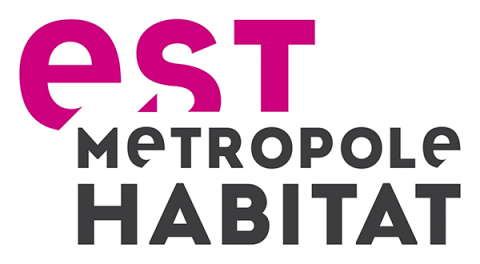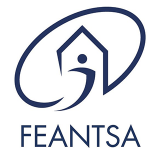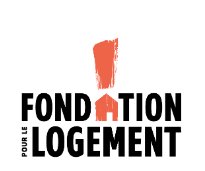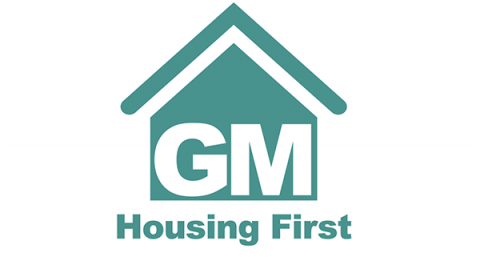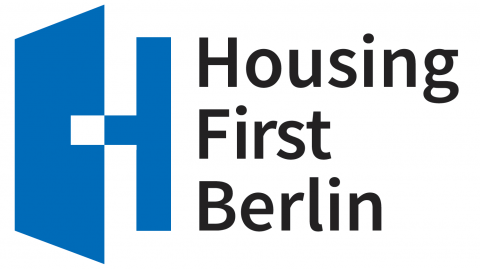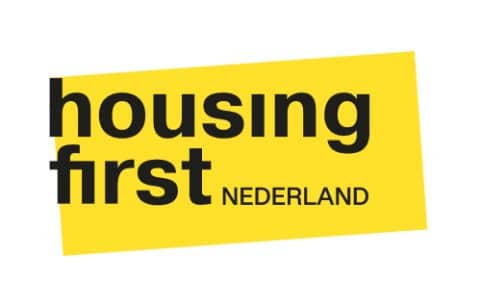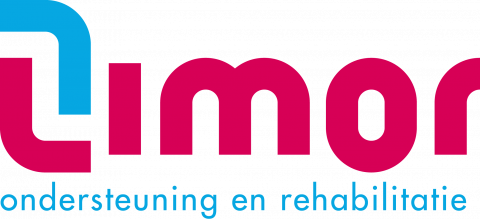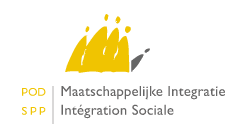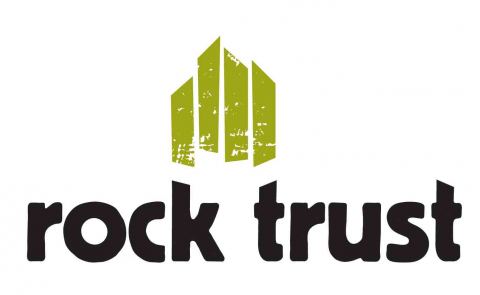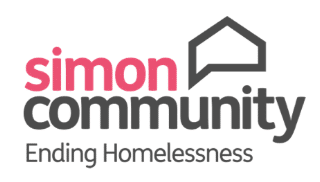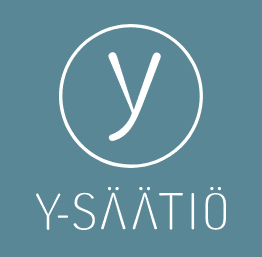- Sep 22 2025
Train-the-Trainer: Housing First for Youth
Event time ( 09.00 – 17.00 )
- Nov 19 2025
Housing First Europe Hub Partnership Event
Event time ( 09.00 – 18.00 )
The Housing First Europe Hub
The Housing First Europe Hub was established in 2016 by the Y-Foundation (Finland) and FEANTSA (the European Federation of National Organisations Working with Homeless People) along with more than 15 partners. Since then, the Hub has grown to include more than 45 organisations, cities, government ministries, housing providers and researchers from across Europe and beyond.
We work in partnership with our core and associate partners to promote Housing First as the first and central response to homelessness. The Hub’s mission is to end and prevent homelessness through a mindshift, leading to a systems’ change across Europe, based on Housing First through advocacy, training, practice, research, support and communication activities.
Housing First & System Change
Housing First is more than just an approach to help people experiencing homelessness, it is the key to unlocking broader systems’ change to prevent and end homelessness across Europe. Find out more about on the Knowledge & Capacity page and explore our latest Resources & Activities.
Get involved!
Ending homelessness is totally achievable if we grasp this opportunity to do things differently. People experiencing homelessness deserve nothing less.
We particularly encourage you to read our latest publications on these topics above, which offer practical and pragmatic guides to help you navigate your Housing First and Systems Change journey, no matter where you are starting from.
To know how to join the Housing First Europe Hub as a partner or associate member
Latest
National Coordination of Housing First – Recommendations
National coordination of Housing First plays a critical role in supporting the policies and practices that drive Housing First forward. From strategic alignment to operational consistency, national coordination ensures…
Check it out herePublication
Greek version Housing First Europe Guide
We’re excited to share that the Housing First Europe Guide is now available in Greek! This translation aims to make evidence-based Housing First practices more accessible to Greek-speaking professionals…
Check it out herePublication
Internship opportunity at the Housing First Europe Hub
The Housing First Europe Hub is hiring! Are you interested in working with a partnership network of over 40 organisations, housing providers, governments, cities, foundations and researchers and are…
Check it out herePublication
Events and webinars
- Sep 22 2025
Train-the-Trainer: Housing First for Youth
Event time ( 09.00 – 17.00 )
- Nov 19 2025
Housing First Europe Hub Partnership Event
Event time ( 09.00 – 18.00 )
- Jun 16 2025
WEBINAR: Sub-letting private homes for Housing First
Event time ( 10.30 – 12.00 CEST )
Register here - May 20 2025
- Jun 04 2025
- May 13 2025
The Housing First Europe Hub at the FEANTSA Forum!
Event time ( 14.00 – 18.00 EEST )






